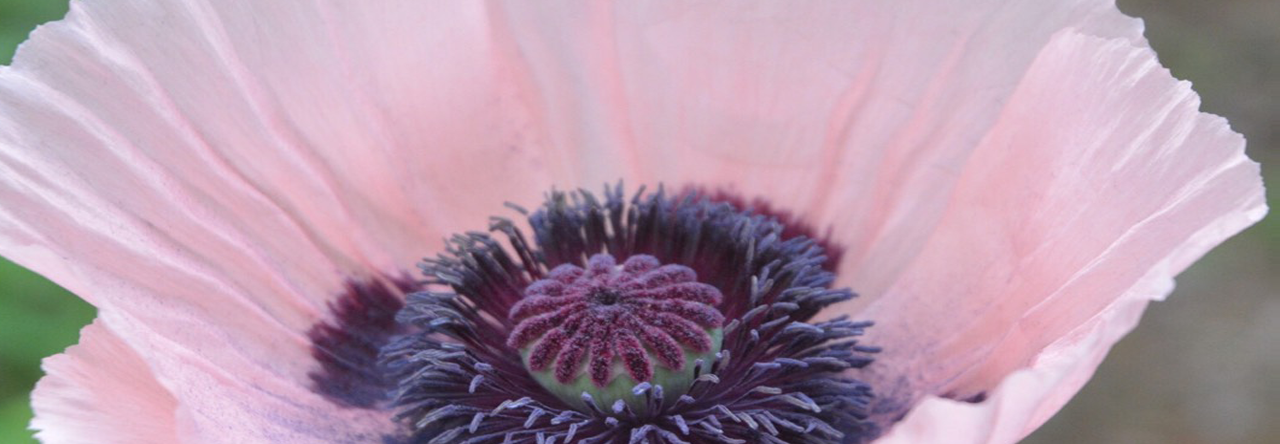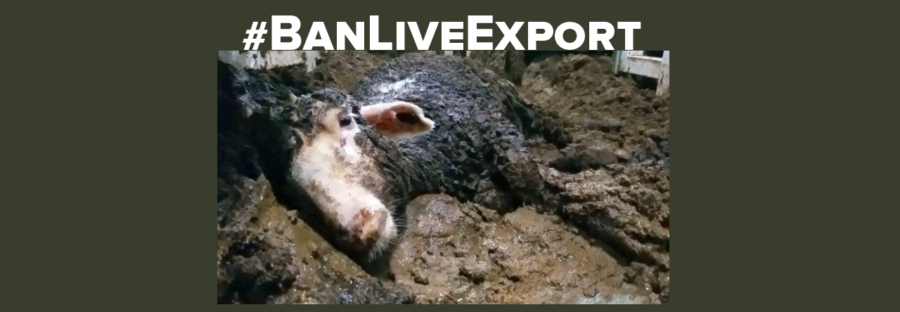By JOEL FREEDMAN Jul 24, 2021
Three members of Compassionate Consumers, a vegan activist group in Rochester, surreptitiously entered a large commercial egg farm in Wayne County three times during the summer of 2004. A year later, after the activists were unsuccessful in their efforts to get animal cruelty charges against the company, Compassionate Consumers released a graphic video of conditions at the 700,000-hen facility. The activists took several injured hens from the facility and found homes for them.
The release of the video did not result in cruelty charges against the commercial farm. Instead, Adam Durand and the two others were indicted for burglary, petit larceny, and criminal trespass. The egg farm did not press charges against them until after the video was made public.
The video depicts birds packed in wire cages so small that they cannot spread their wings. They had been subjected to painful beak trimmings. Many birds were found dead in their cages. Many live birds were submerged in manure piles under their cages. Some of the hens were observed with their heads stuck between the cage bars.
The activists recorded everything they saw and did during their unauthorized visits to the egg farm. They gave this evidence to law enforcement officials in hopes the farm would be held accountable.
When they were arrested for their endeavors, I thought about the words of the Rev. Martin Luther King, Jr.: “Cowardice asks the question, Is it safe? Expediency asks the question, Is it all right? And there comes a point when one must take a position that is neither safe, nor polite, nor popular, but one must take it because his conscience tells him it is right.”
I believe the three activists acted conscientiously and courageously to expose the cruelties that existed — and still do — in the egg production industry.
Two of the activists pleaded guilty to misdemeanor charges of petit larceny and criminal trespass and were sentenced to probation and community service. Durand went to trial. A jury acquitted him of burglary and larceny. He was convicted of three misdemeanor criminal trespass charges. The trial and the cruelty to animals at the egg farm were reported in the Finger Lakes Times and throughout America and the world, including coverage by The New York Times, the Associated Press and ABC’s “Prime Time.”
A Wayne County judge disregarded a pre-sentence probation department recommendation for leniency. He imposed the harshest penalty ever imposed in New York on an individual who, with no prior arrests, had been convicted only of misdemeanor trespass. Durand was sentenced to six months in the Wayne County Jail with a $1,500 fine, a year of probation, and 100 hours of community service.
The Appellate Division released Durand after 35 days of incarceration while the court considered his appeal. The appellate judges found that the Wayne County judge had erred because he had considered the burglary and larceny charges when passing sentence, even though Durand had been acquitted of those charges. The Wayne County judge then re-sentenced Durand only to the time he had already served in jail.
This large egg farm eventually sold its facility to another large-scale egg producer.
I recently phoned Durand, who told me he “learned a heck of a lot about the criminal justice system” during his ordeal. His fellow inmates treated him with respect, but a few corrections officers ridiculed him for taking a stand on behalf of the birds. Durand has no regrets about what he did and remains committed to the cause of animal rights.
I decided to write this essay because although the video was made in 2004, the horrifying conditions that were exposed then still exist at large-scale egg production facilities. A common practice by the egg industry is induced molting — prolonged starvation to shock the hens into laying more eggs. And horrific cruelty also continues at animal research labs, puppy mills, pigeon shoots, slaughterhouses, live lobster tanks, factory farms, live animal auctions, roadside zoos, rodeos and other violent spectacles, and countless other places.
Speciesism is the misguided belief that animals are inherently inferior to humans, exist only to be exploited by humans, and are unworthy of moral consideration. I believe speciesism is systemic and widespread in America and throughout our world.
Speciesism is seen in everyday conversations that include “cruelty clichés” such as “killing two birds with one stone … more than one way to skin a cat … You’re a dead duck … beating a dead horse to death … bleeding like a stuck pig.” False and negative images of animals are evident when people insult other people by referring to them as an animal (a brute), a pig (a slob), a turkey (a stupid person), a dog (lazy, worthless or ugly), a snake in the grass (deceptive, sleazy).
My wish is for the kind of world Rev. King envisioned in which “We shall overcome” not only racial divides but also other evils that have caused so much unnecessary suffering for humans and for other sentient beings who share the world with us.
According to the Gospel of The Holy Twelve (GH12), Jesus frequently healed and rescued animals. He was their savior too. This is why on many occasions “the birds gathered around him, and welcomed him with their song, and other living creatures came unto his feet, and they ate out of his hands.”
Yes, I am among the few who accept the authenticity of this gospel, but mainstream Christianity, Judaism, Islam, Buddhism, Hinduism, and other world religions also share a recognition for kindness to animals. Whatever our religious/spiritual differences may be, and whether we pray in private or pray in a church, synagogue, mosque, or other places of worship, I believe the worship God appreciates the most is when we treat others — including non-human sentient beings — in a manner in which we would want others to treat us.
Canandaigua resident Joel Freedman contributes essays and book reviews to the Finger Lakes Times frequently.




 In addition to the stress of the unfamiliar environment, noise, and constant ship movement, at the typical high stocking density of a long haul voyage, it is not usually possible for all animals to lie down naturally at the same time. Stocking densities allowed by Australian Standards for the Export of Livestock (ASEL) are much higher than any land-based feedlot or intensive housing system.
In addition to the stress of the unfamiliar environment, noise, and constant ship movement, at the typical high stocking density of a long haul voyage, it is not usually possible for all animals to lie down naturally at the same time. Stocking densities allowed by Australian Standards for the Export of Livestock (ASEL) are much higher than any land-based feedlot or intensive housing system.









 Mechanical failure In 2014, the livestock ship Ocean Drover caught fire.
Mechanical failure In 2014, the livestock ship Ocean Drover caught fire. 


